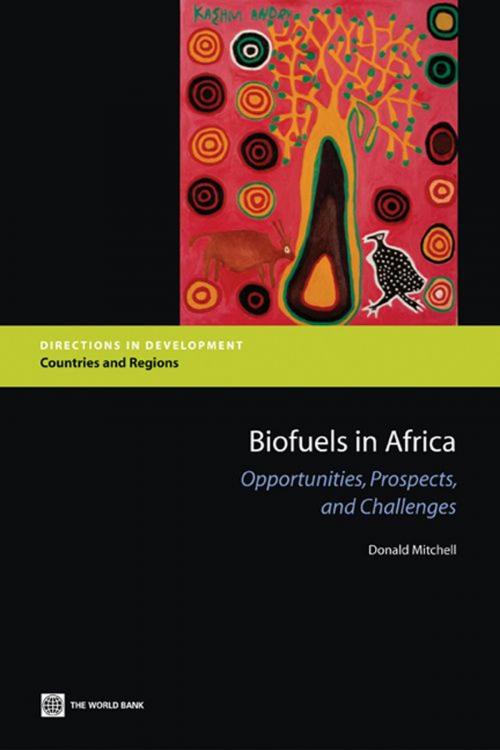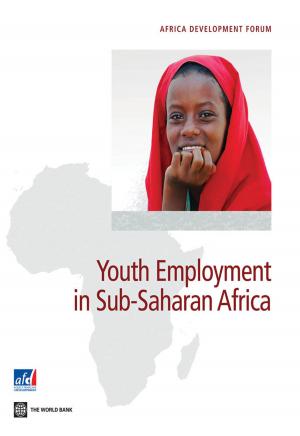Biofuels In Africa: Opportunities Prospects And Challenges
Business & Finance, Industries & Professions, Industries| Author: | Mitchell Donald | ISBN: | 9780821385173 |
| Publisher: | World Bank | Publication: | November 24, 2010 |
| Imprint: | Language: | English |
| Author: | Mitchell Donald |
| ISBN: | 9780821385173 |
| Publisher: | World Bank |
| Publication: | November 24, 2010 |
| Imprint: | |
| Language: | English |
A new economic opportunity for sub-Saharan Africa is looming large: biofuel production. Rapidly rising energy prices are expected to remain high for an extended period of time because of the increasing demand in prospering and populous countries such as China and India the depletion of easily accessible supplies of crude oil and concern over global climate change. As a result there is renewed interest in biofuels as an alternative to fossil fuels.Africa is uniquely positioned to produce these new cash crops for both domestic use and export. The region has abundant land resources and preferential access to protected markets with higher-than-world-market prices. The rapid growth in the demand for transport fuels in Africa and high fuel prices create domestic markets for biofuels. The European Union and the United States have approved legislation that requires large increases in the consumption of biofuels over at least the next decade. Imports are expected to be needed to meet these mandates thus opening the door to African and other developing countries that can produce biofuels or feedstocks for biofuels competitively. Expanding the production of crops for biofuels will affect the entire rural sector in Africa as resources are shifted away from traditional crops and the prices of all agricultural commodities rise. Even smallholders can participate in producing biofuel crops. To promote the sustainability and significant contribution of this enterprise Biofuels in Africa provides guidance in formulating suitable policy regimes which are based on protecting the rights of current land users developing revenue-sharing schemes with local communities safeguarding the environment and biodiversity expanding institutional capacity formulating new regulations and procedures and emulating best practices from experienced countries.This volume will be of value to anyone interested in biofuels including policy makers development practitioners private investors researchers and the general public.
A new economic opportunity for sub-Saharan Africa is looming large: biofuel production. Rapidly rising energy prices are expected to remain high for an extended period of time because of the increasing demand in prospering and populous countries such as China and India the depletion of easily accessible supplies of crude oil and concern over global climate change. As a result there is renewed interest in biofuels as an alternative to fossil fuels.Africa is uniquely positioned to produce these new cash crops for both domestic use and export. The region has abundant land resources and preferential access to protected markets with higher-than-world-market prices. The rapid growth in the demand for transport fuels in Africa and high fuel prices create domestic markets for biofuels. The European Union and the United States have approved legislation that requires large increases in the consumption of biofuels over at least the next decade. Imports are expected to be needed to meet these mandates thus opening the door to African and other developing countries that can produce biofuels or feedstocks for biofuels competitively. Expanding the production of crops for biofuels will affect the entire rural sector in Africa as resources are shifted away from traditional crops and the prices of all agricultural commodities rise. Even smallholders can participate in producing biofuel crops. To promote the sustainability and significant contribution of this enterprise Biofuels in Africa provides guidance in formulating suitable policy regimes which are based on protecting the rights of current land users developing revenue-sharing schemes with local communities safeguarding the environment and biodiversity expanding institutional capacity formulating new regulations and procedures and emulating best practices from experienced countries.This volume will be of value to anyone interested in biofuels including policy makers development practitioners private investors researchers and the general public.















